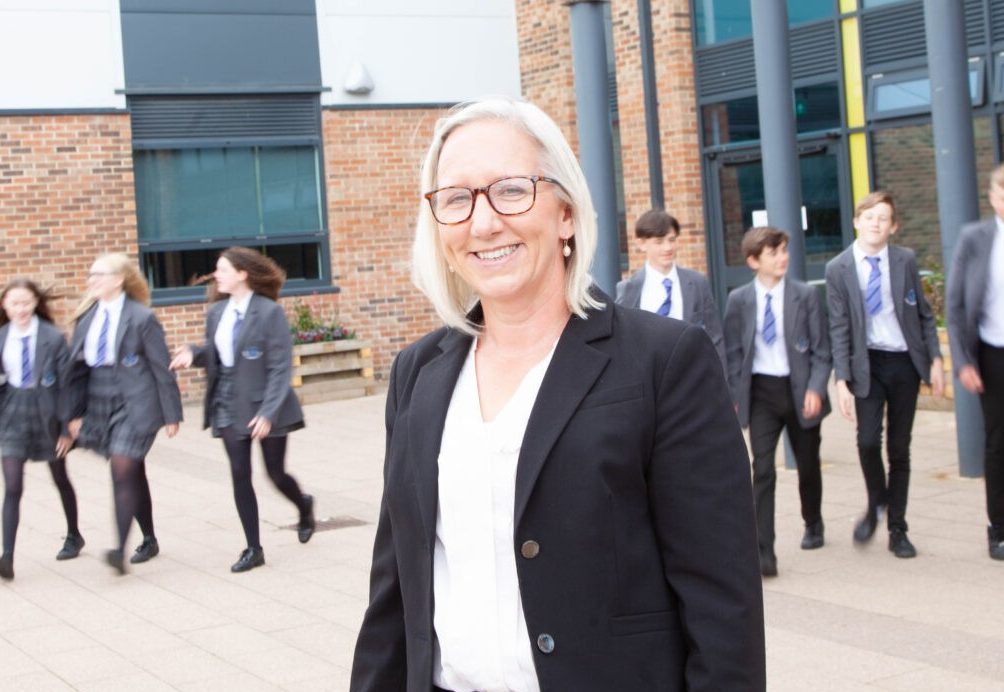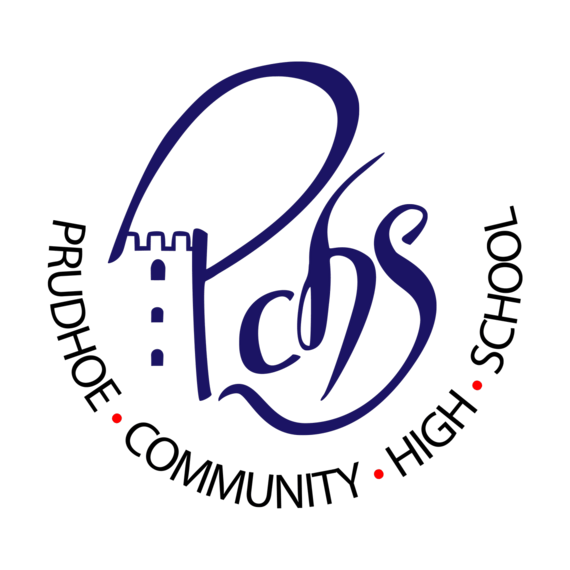We encourage our students to strive for excellence wherever and however they can, develop their values, learn to live by them and participate actively.
Personal development

We encourage our students to strive for excellence wherever and however they can, develop their values, learn to live by them and participate actively.
Personal development